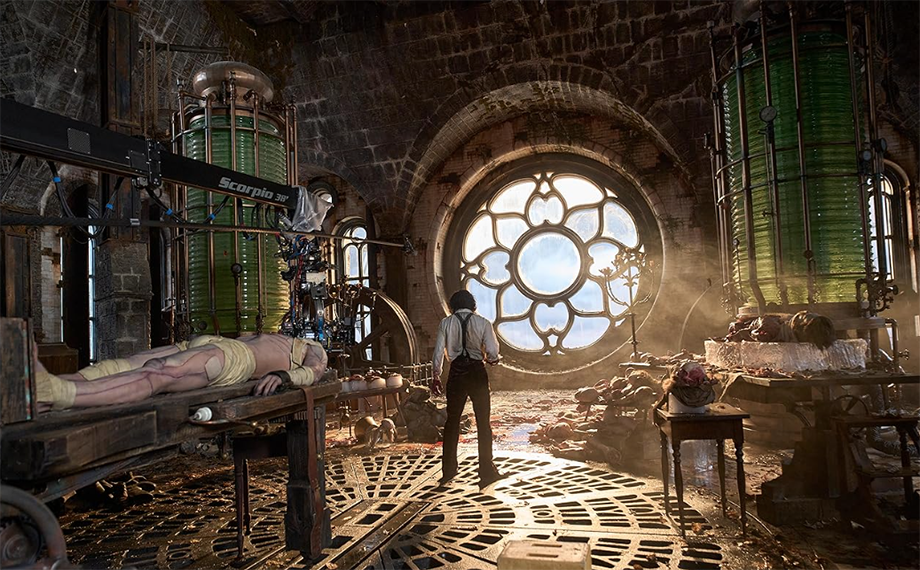Frankenstein (★★) and Springsteen: Deliver Me from Nowhere (★★★1/2)

The first filmed version of Mary Shelley’s gothic novel Frankenstein; or, The Modern Prometheus (1818) was the silent short Frankenstein (1910). Since then, more than four hundred versions of Shelley’s sutured-together golem have bestridden both the large and small screen. The most well known remains Universal Pictures’ Frankenstein (1931) and its sequel, Bride of Frankenstein (1935), pre-Code gothic horrors which implanted Boris Karloff’s pitiable Monster in the collective imagination forever after.
It comes as little surprise that Mexican filmmaker Guillermo del Toro should now attempt his own reanimation of Shelley’s novel. Del Toro has long been fascinated by monsters, from the vampiric Jesús Gris in the Frankenstein-adjacent début Cronos (1993), to a humanoid amphibian in The Shape of Water (2017), and the sentient puppet of Pinocchio (2022). As well as evincing his interest in the loathed and spurned Other, del Toro’s fascination with god-like creators crafting living entities from inanimate matter is also, in its way, a reflection of the art of the director.
Continue reading for only $10 per month. Subscribe and gain full access to Australian Book Review. Already a subscriber? Sign in. If you need assistance, feel free to contact us.










Leave a comment
If you are an ABR subscriber, you will need to sign in to post a comment.
If you have forgotten your sign in details, or if you receive an error message when trying to submit your comment, please email your comment (and the name of the article to which it relates) to ABR Comments. We will review your comment and, subject to approval, we will post it under your name.
Please note that all comments must be approved by ABR and comply with our Terms & Conditions.